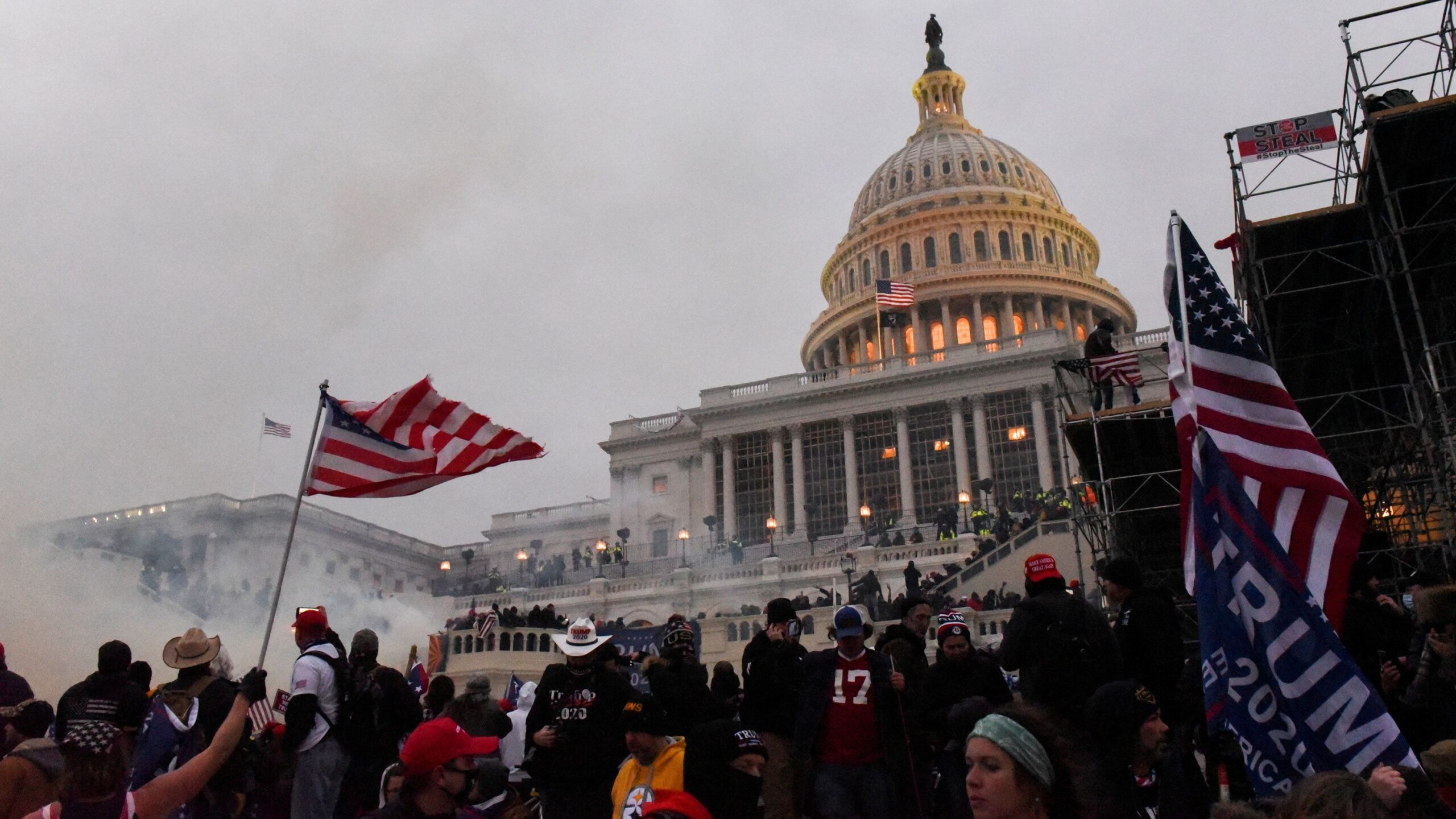A group of Colorado voters has appealed to the Supreme Court, arguing that former President Donald Trump’s involvement in the violent events of January 6, 2021, should be classified as an insurrection under the Constitution. This, they argue, should disqualify him from holding future office.
The legal team representing the voters submitted their brief ahead of next week’s deadline, providing a robust counter-argument to Trump’s claim that the President is exempt from the disputed section of the 14th Amendment.
They further refuted Trump’s assertion that the president is not an “officer” under the Constitution, stating, “Section 3 does not give a free pass to insurrectionist Presidents; they are ‘officers’ because they hold an ‘office.’ And states’ broad authority to regulate presidential elections allows them to exclude constitutionally ineligible candidates from the ballot.”
The brief also addressed Trump’s warning of potential “bedlam” if his name were to be excluded from future ballots. The lawyers, led by Jason Murray, responded, “He not-so-subtly threatens ‘bedlam’ if he is not on the ballot. But we already saw the ‘bedlam’ Trump unleashed when he was on the ballot and lost. Section 3 is designed precisely to avoid giving oath-breaking insurrectionists like Trump the power to unleash such mayhem again.”
The challengers presented evidence of Trump’s “insurrectionist” actions, including photos from January 6 and Trump’s tweets. They detailed how Trump “incited a violent mob” that injured over 140 police officers and forced lawmakers to “flee for their lives.”
Among the evidence presented was the testimony of US Capitol Police Officer Daniel Hodges, who described his experience during the hours-long battle at the Lower West Terrace of the Capitol, including the injuries he sustained.
The challengers also drew attention to Trump’s focus on January 6 following the failure of his election-related lawsuits, including his unsuccessful Supreme Court case in December 2020 – Texas v. Pennsylvania – which sought to invalidate Joe Biden’s victories in several battleground states.
The Supreme Court has agreed to hear the case of Trump v. Anderson, an appeal of the Colorado Supreme Court decision that removed Trump from that state’s ballot. Oral arguments are scheduled for February 8.
In their brief, the challengers likened Trump to a “mob boss”, arguing that his inflammatory speech at the January 6 rally was not protected by the First Amendment. They contended, “The idea that Trump’s words were unlikely to incite imminent lawlessness, even though Trump intended them to do so and even though they in fact did so, fails even the most forgiving of red-face tests.”
Trump’s legal team maintains that his speech was protected by the First Amendment as it did not aim to incite imminent violence. This claim was rejected by the Colorado trial judge, a decision upheld by Colorado’s high court, which concluded that Trump “intended that his speech would result in the use of violence.”

